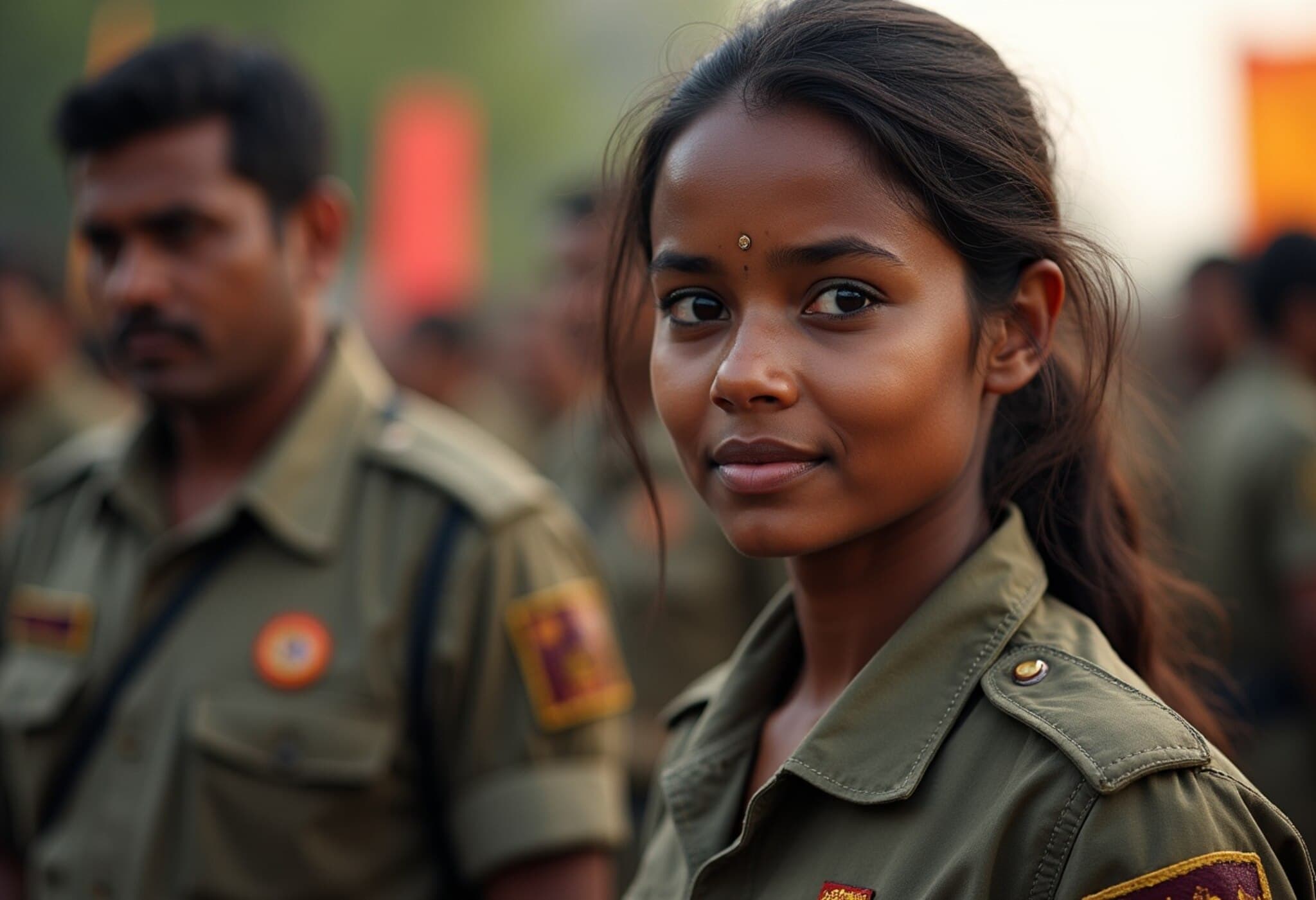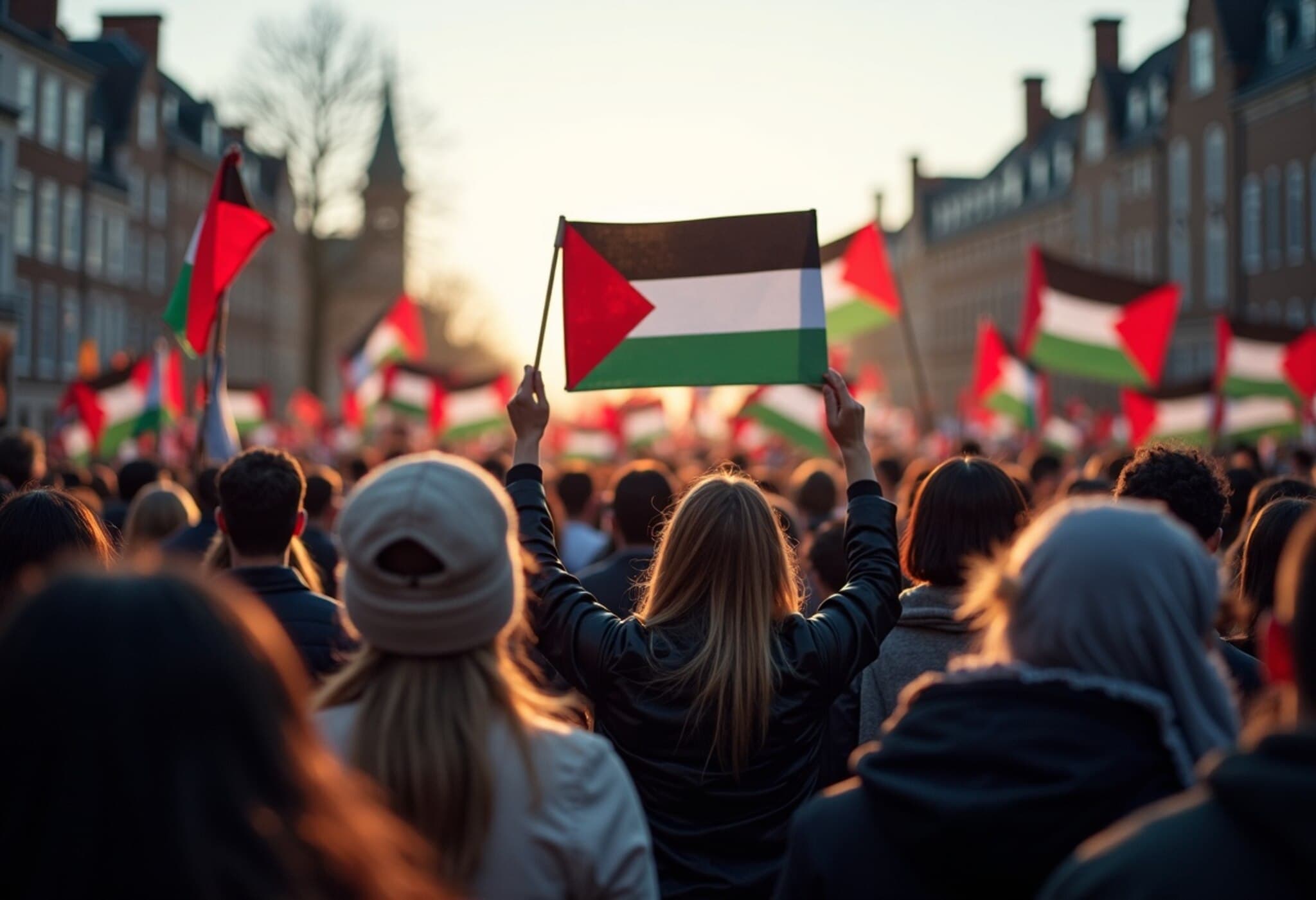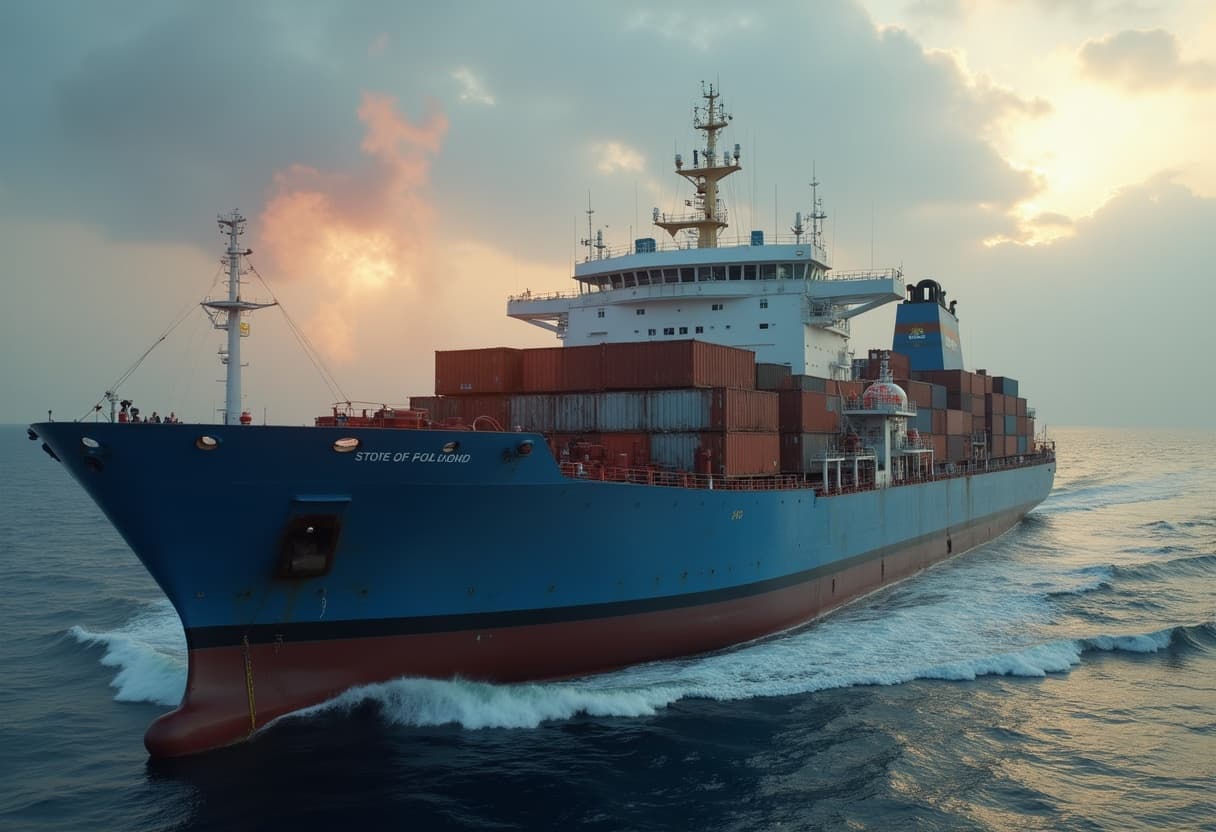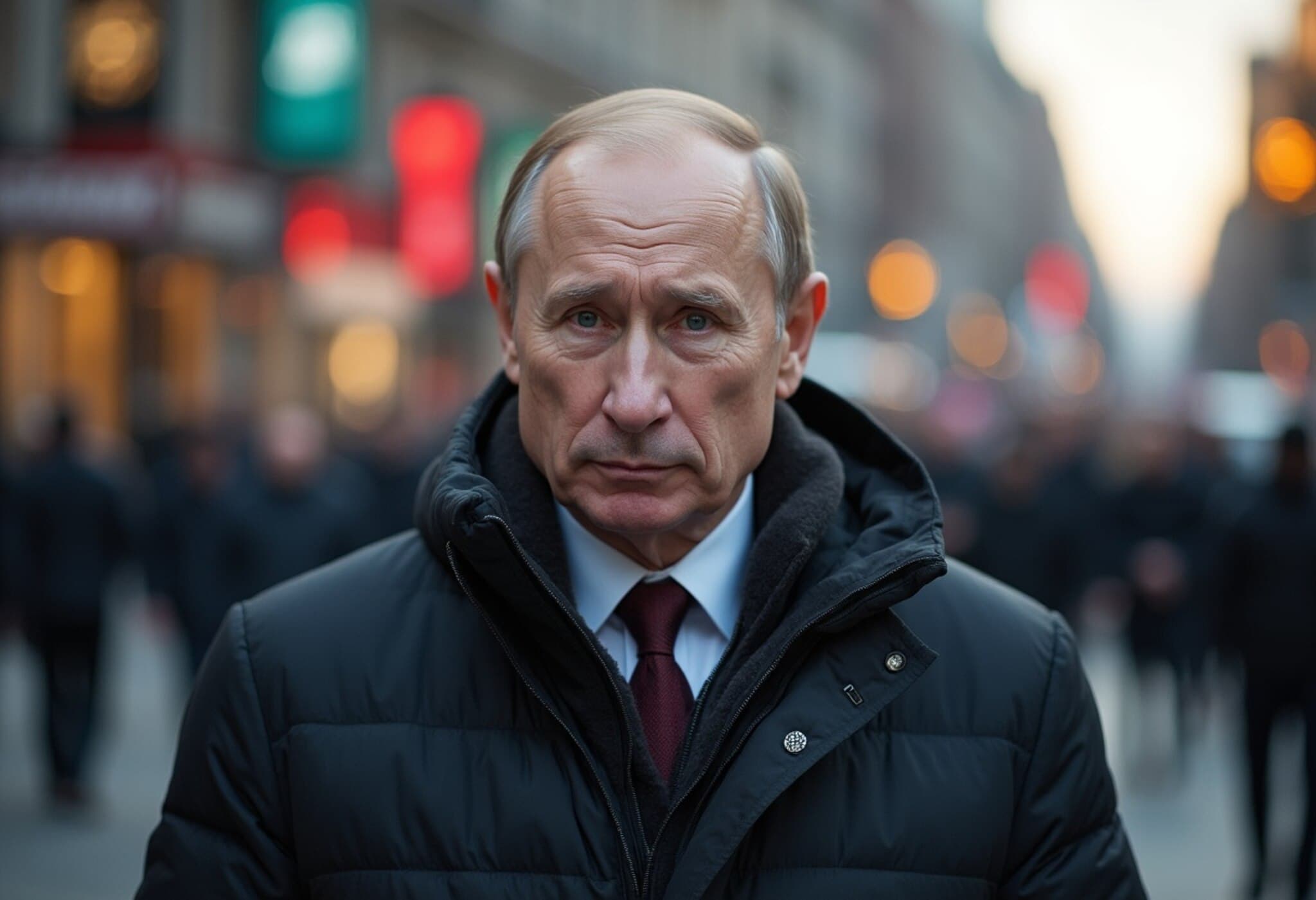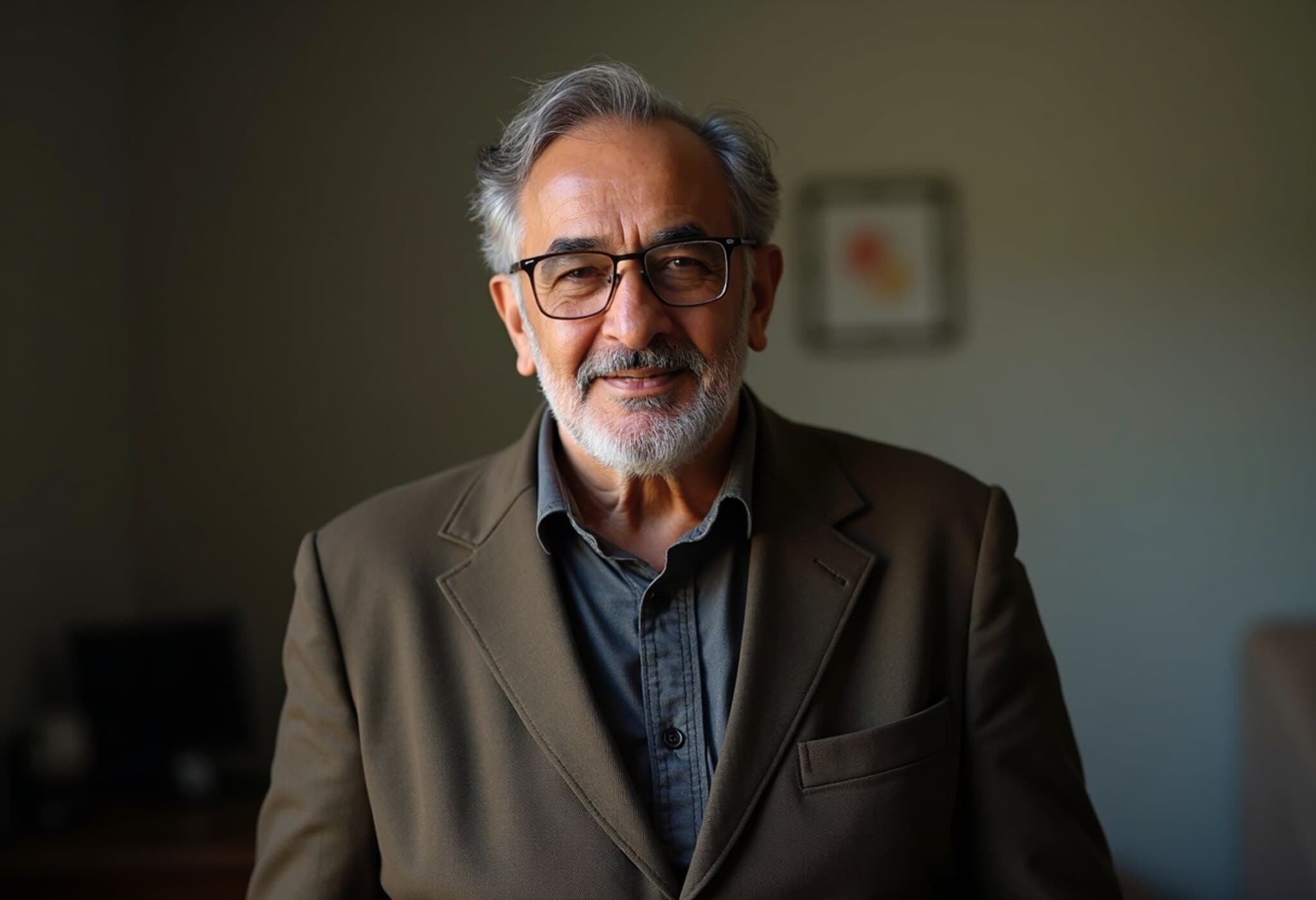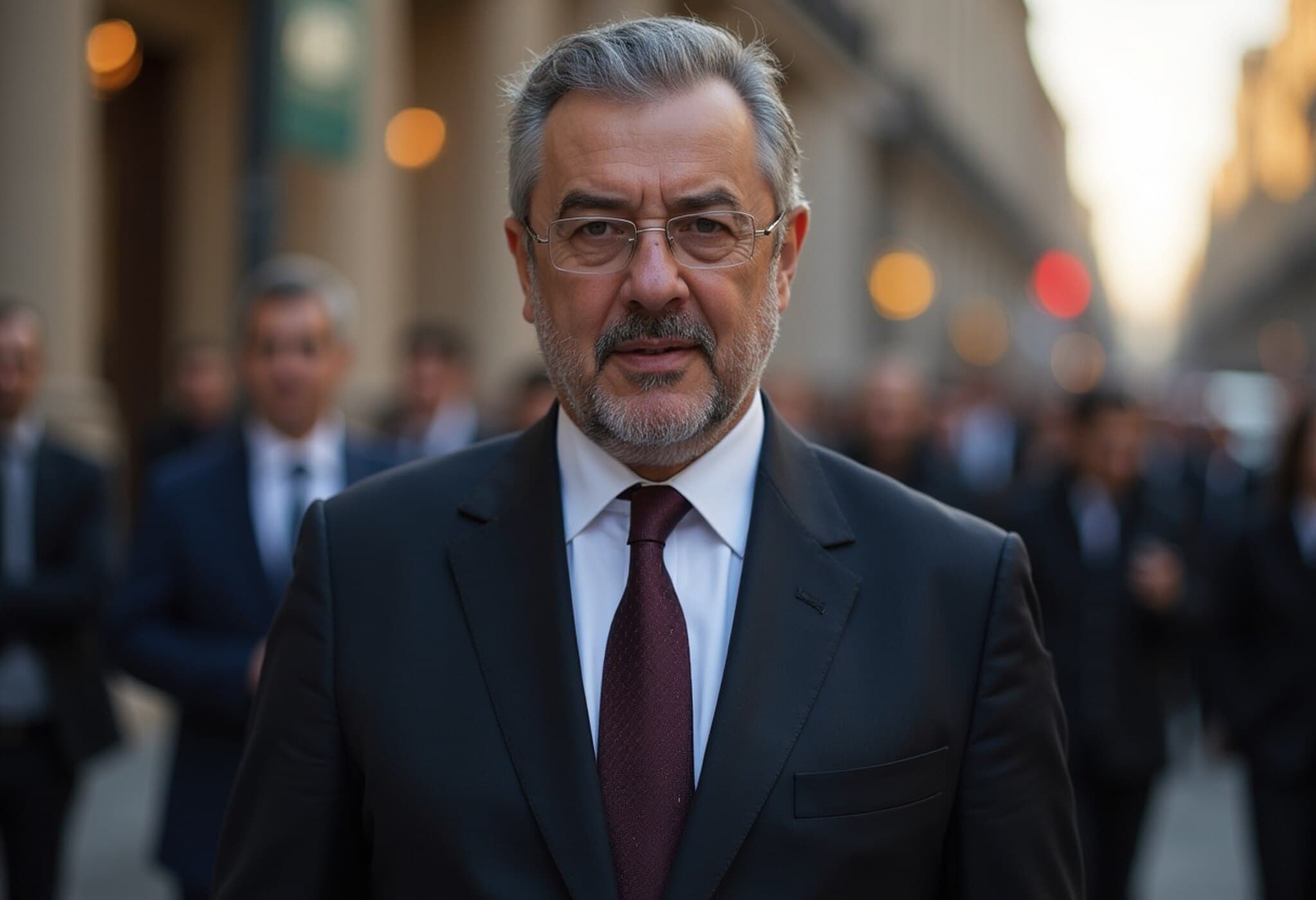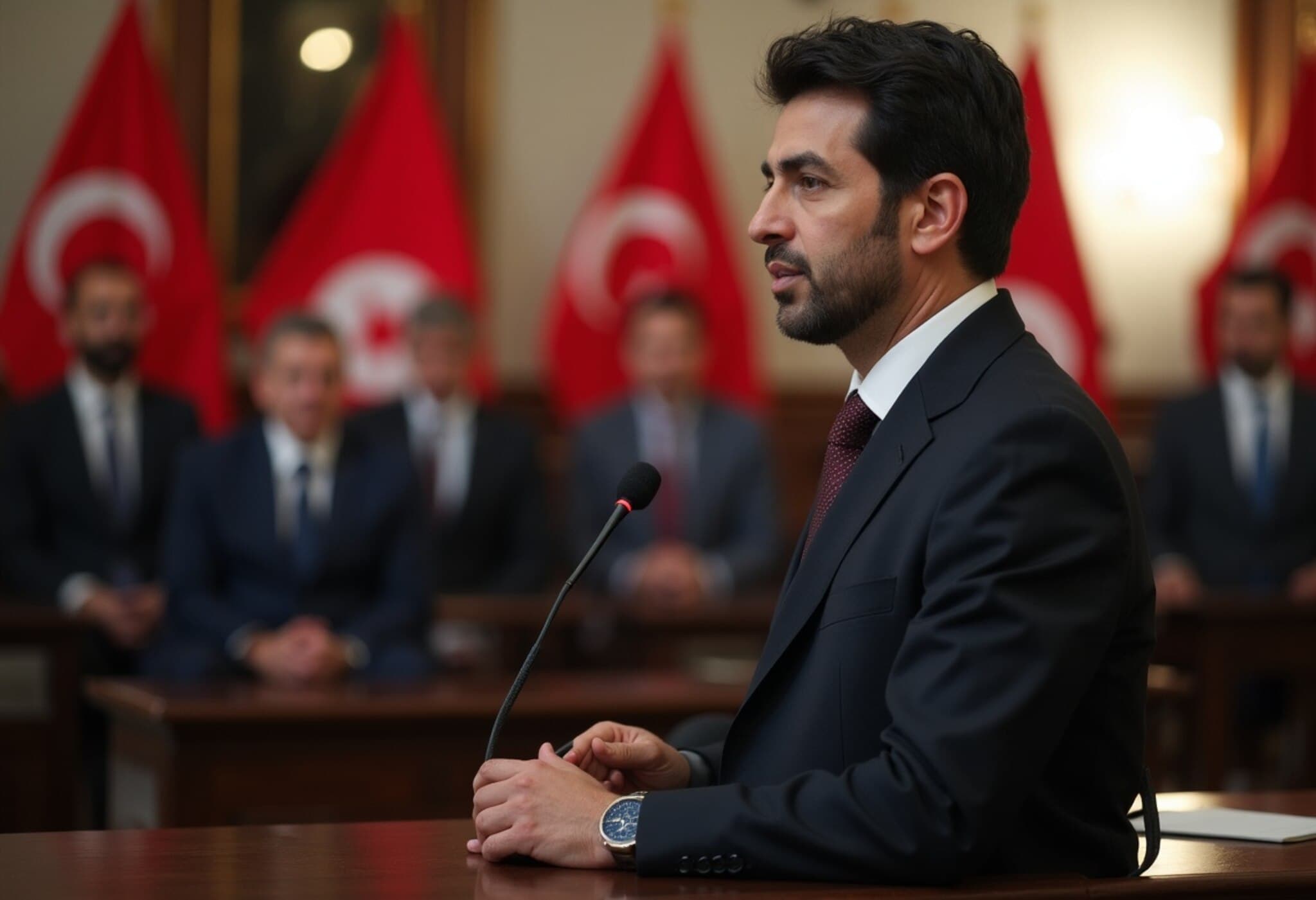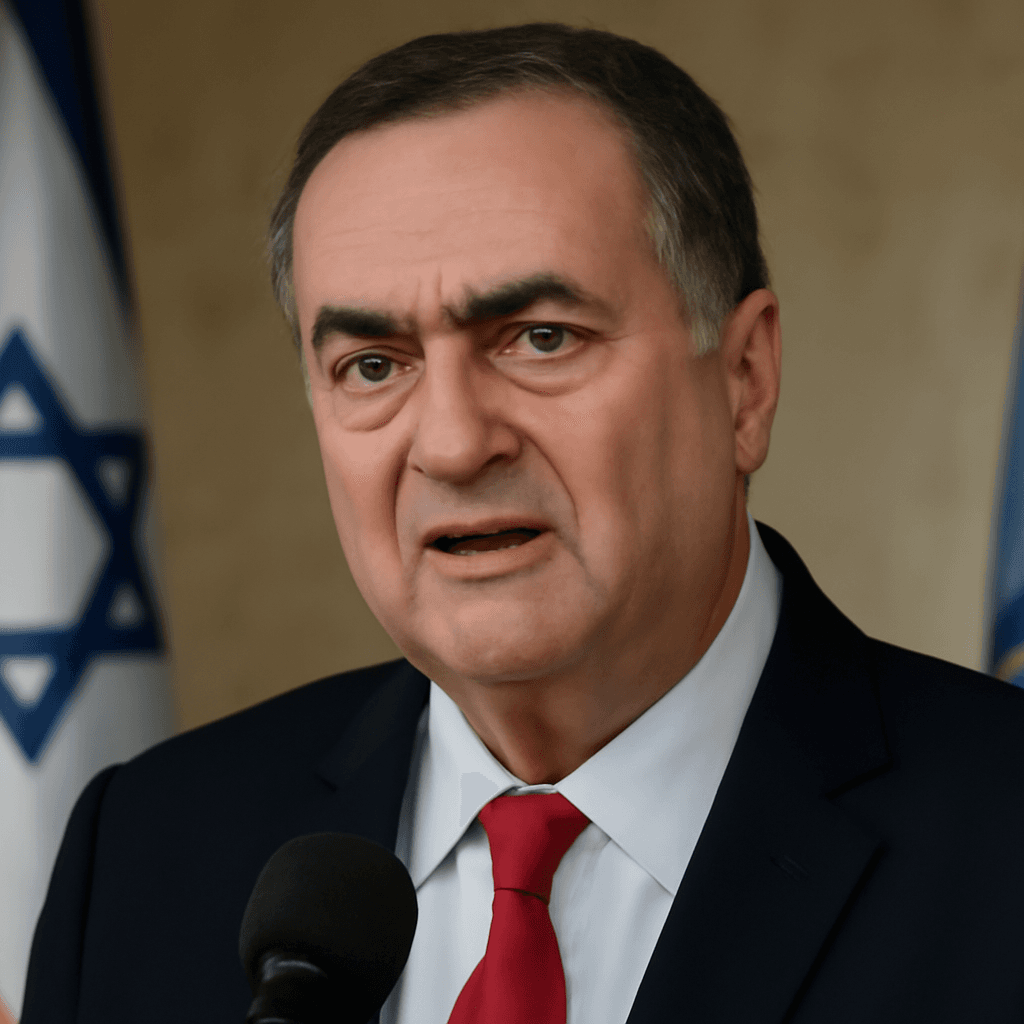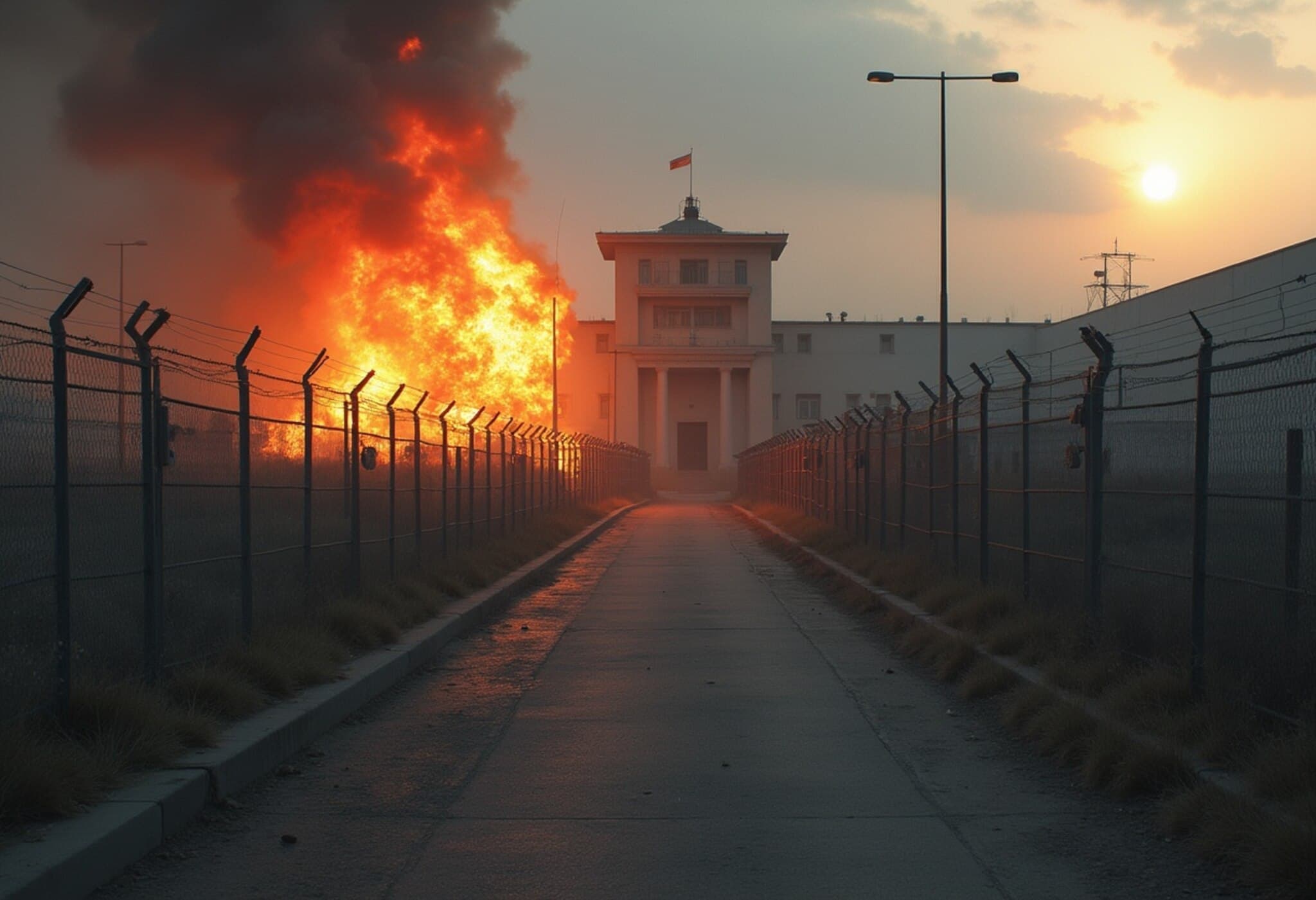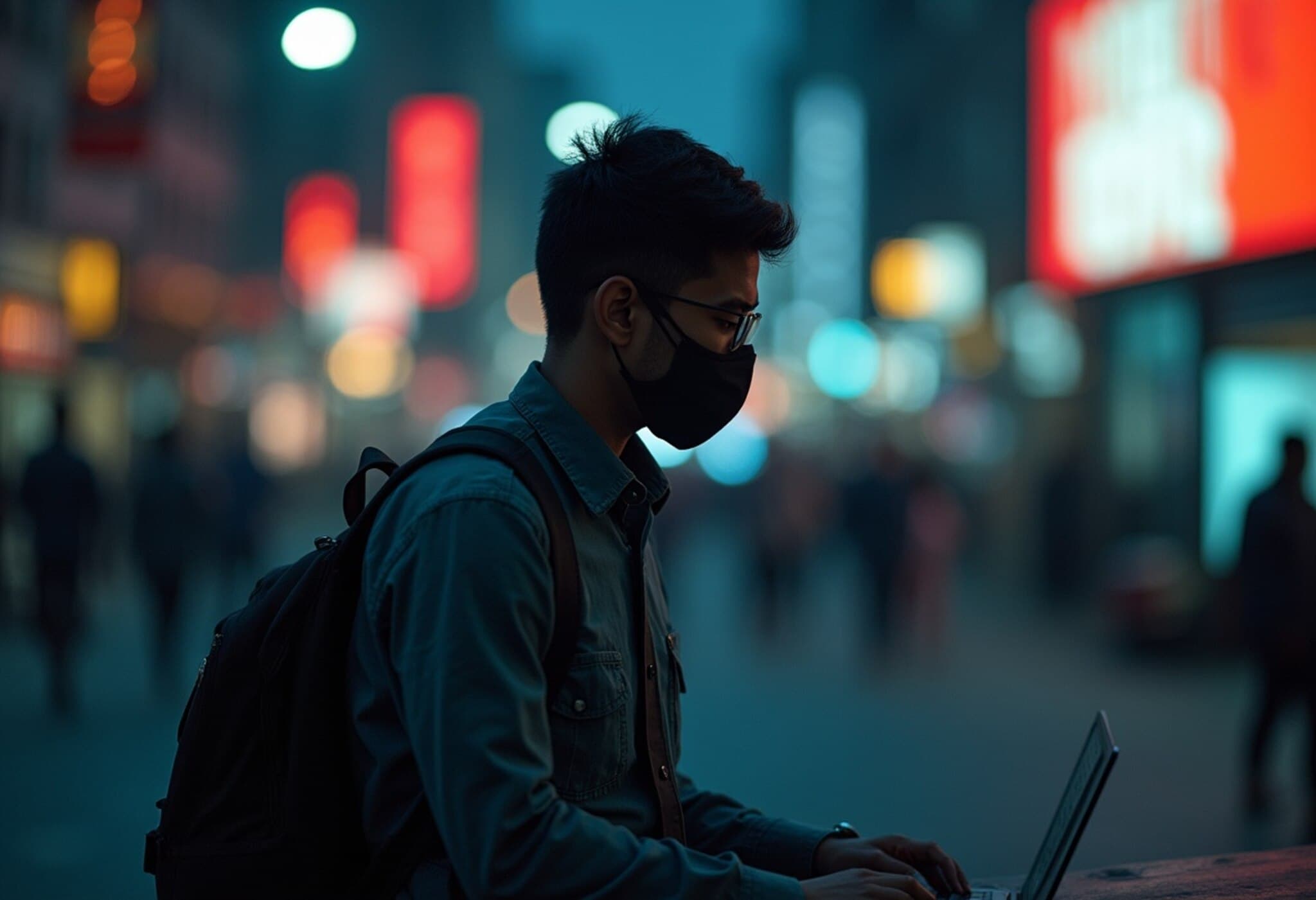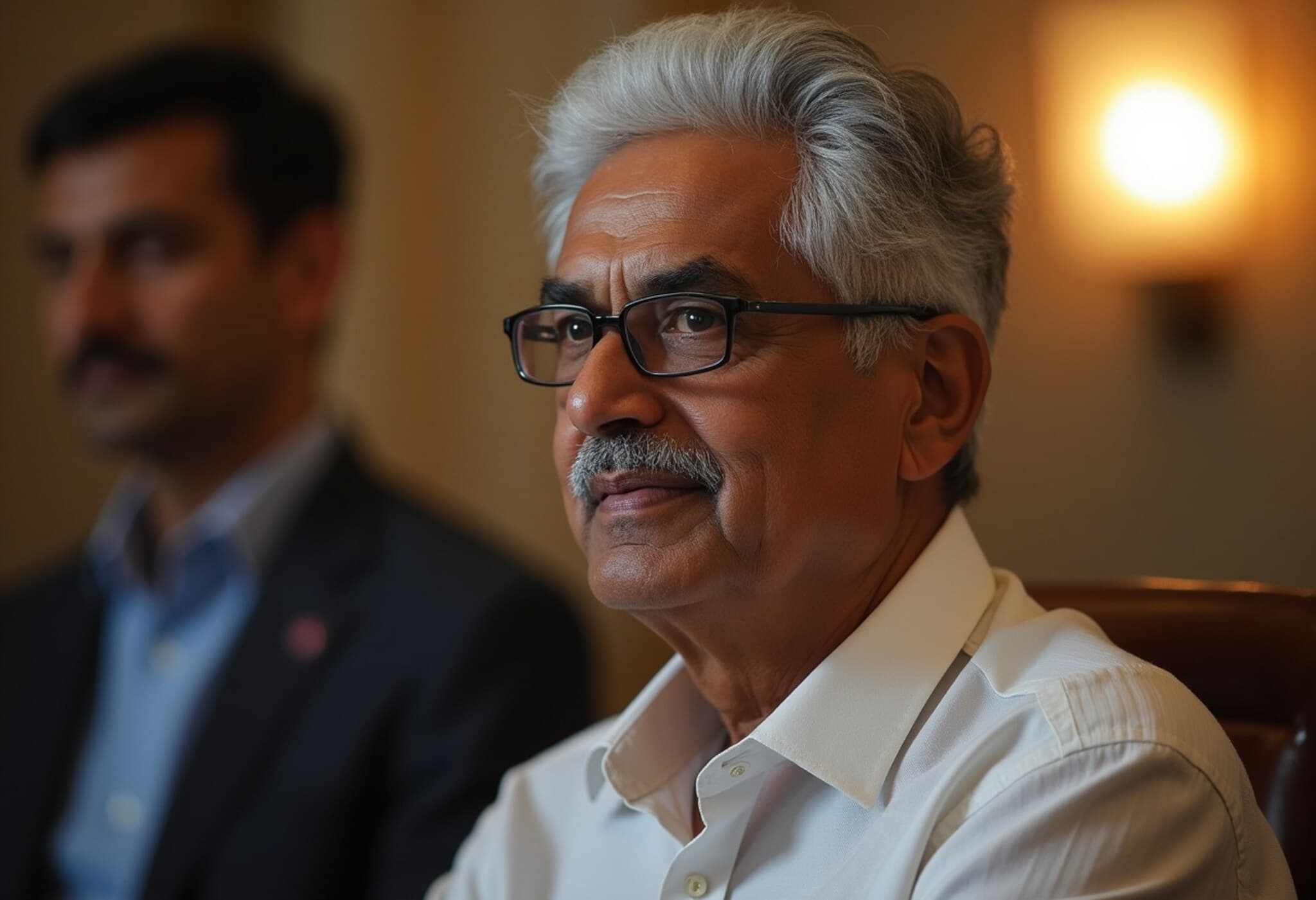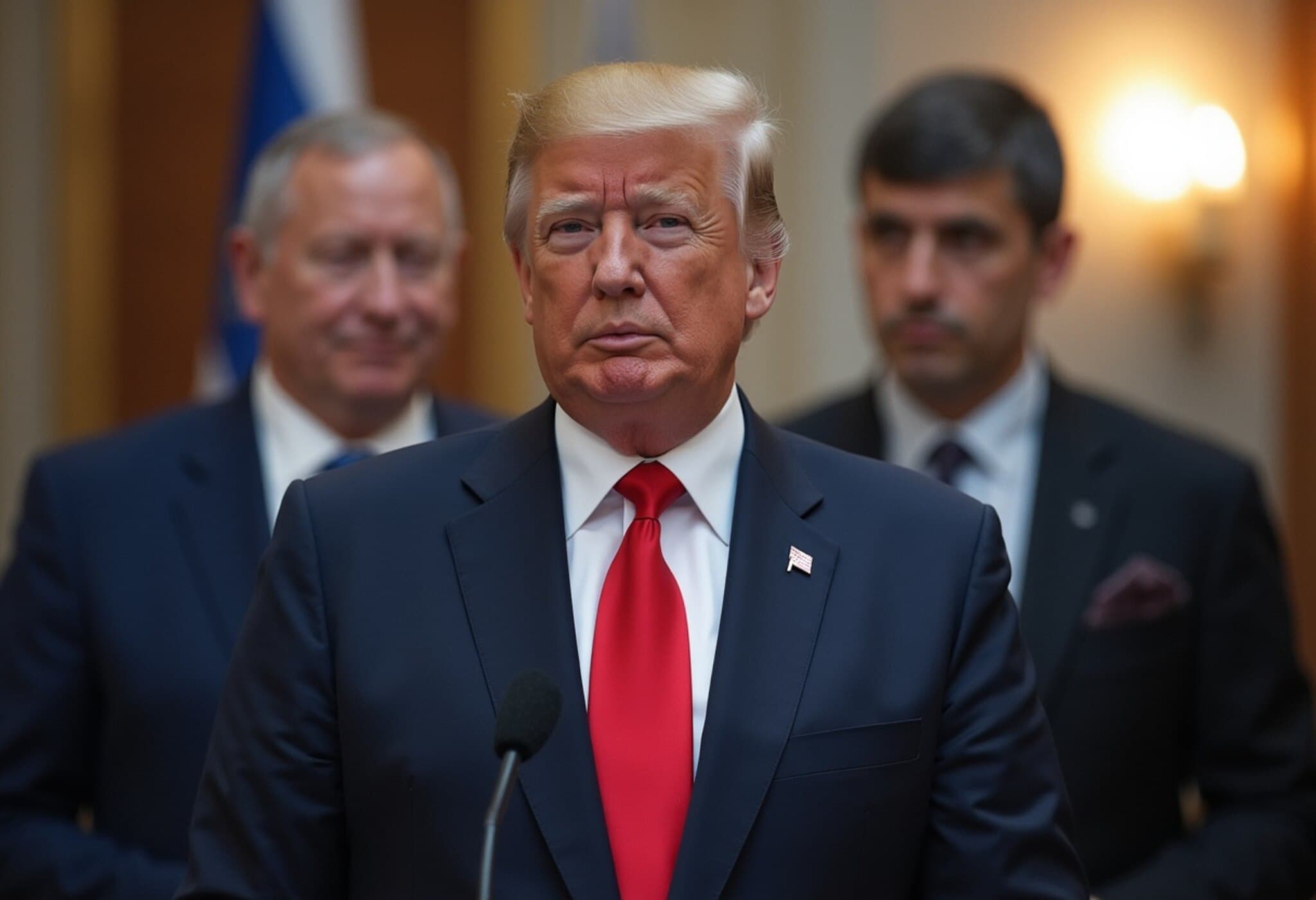UN Calls for Accountability in Sri Lanka's Wartime Crimes
The United Nations human rights chief has called on Sri Lanka to confront the issue of impunity related to crimes committed during its prolonged ethnic conflict. Speaking at a panel in Colombo, the capital city, he emphasized the urgent need to address wartime atrocities that left deep scars across the nation.
The Human Toll of Sri Lanka’s Ethnic War
The separatist conflict between the Sri Lankan government and Tamil Tiger rebels, which spanned from 1972 to 2009, resulted in widespread civilian casualties. The UN estimates that more than 100,000 people lost their lives during this period, including approximately 40,000 Tamil civilians killed by government forces in the final months of the war.
Resistance to Independent Investigations
Despite international calls for transparent investigations into alleged human rights abuses, several successive Sri Lankan administrations have hesitated to permit independent probes. Numerous high-profile massacres and incidences of abuse remain unresolved, fueling concerns over entrenched impunity.
“Impunity Trap” Amid Economic Recovery
The UN rights chief warned that Sri Lanka is caught in an "impunity trap" as it struggles to heal from decades of division while recovering from a severe economic crisis that culminated in a national meltdown in 2022. This financial collapse led to significant political upheaval, including the resignation of former president Gotabaya Rajapaksa.
He stressed that accountability is critical—not only as a matter of justice but also as a deterrent against future violations and as recognition of victims' suffering. "It is vital to hold the perpetrators of the gravest crimes responsible," he noted.
Calls for Reconciliation and Justice
Urging the government to end ongoing cycles of violence, the rights chief highlighted the need for building a collective understanding of the conflict-era events and ensuring the delivery of justice. He is currently engaged in a three-day visit to Sri Lanka, where meetings with President Anura Kumara Dissanayake and senior officials are planned.
Political Context and Challenges Ahead
Initially, in 2015, Sri Lanka agreed to cooperate with UN-led efforts to investigate war crimes—a highly sensitive issue within its ethnically divided society. However, since then, progress has stalled, with current leadership criticized for slow action.
The government of President Dissanayake, who enjoys significant support from the Tamil minority and took office in September, has yet to fulfill pledges regarding accountability. Moreover, in March, the administration condemned the United Kingdom for imposing sanctions on several retired military commanders and a former Tamil guerrilla accused of abuses such as extrajudicial killings and sexual violence.
Looking Forward
The conflict’s violent conclusion in May 2009 saw a decisive, no-holds-barred military offensive that dismantled the Tamil Tiger leadership. As Sri Lanka seeks to move forward, addressing past crimes remains crucial for national reconciliation and lasting peace.

